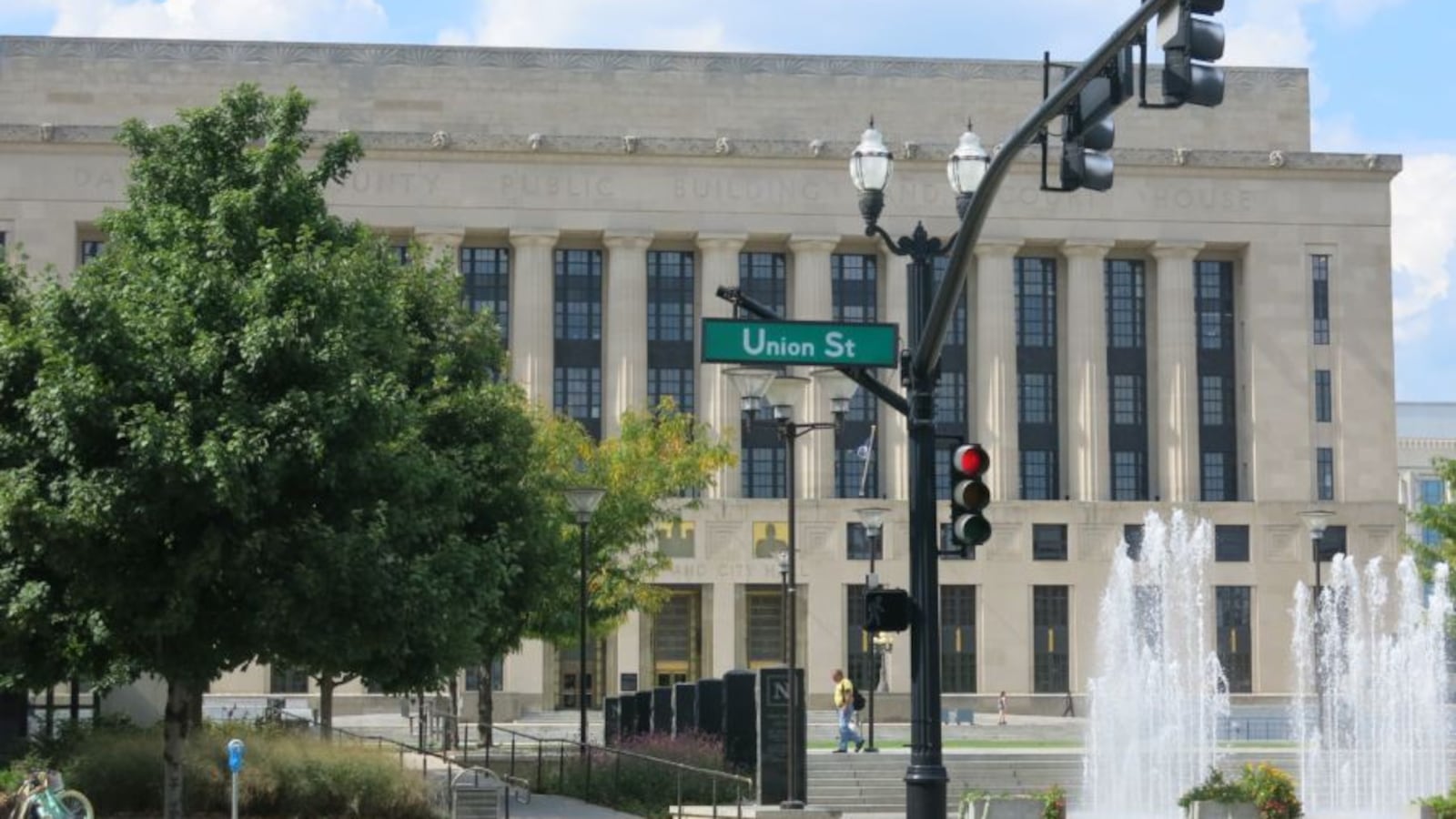Tennessee’s two largest school districts are often in lockstep on key issues. But in a recent tiff with the state about sharing student information with charter schools, the two districts are poised to part ways.
Nashville leaders have repeatedly defied an order from Tennessee’s education commissioner to share student addresses, phone numbers, and other information with the state’s controversial turnaround district, as required by a new state law. The state filed a lawsuit this week in response.
Meanwhile, Memphis leaders have spoken out about the rule — but are preparing to comply. The district has given parents until Sunday, Oct. 22, to opt out of sharing their contact information with charter schools.
Instead of outright rejecting McQueen’s deadline last month like Nashville did, Superintendent Dorsey Hopson sought a compromise and indicated a willingness to share contact information after the opt-out window closes.
“… We respectfully request you extend your deadline until October 23, 2017 to allow our families the opportunity to make an informed decision regarding their rights and to give our board an opportunity to vote on the release of the data,” Hopson said in a letter to McQueen.
State officials are holding off filing a similar suit against that district, for now. The Memphis district “is still deciding whether to comply, whereas Metro [Nashville] has made its decision already,” said spokeswoman Sara Gast. “Given that, it is appropriate to file here and then review Shelby’s decision to decide if litigation is necessary.”
Shelby County Schools declined to share how many parents have chosen to opt out so far, but plan to update the board about the effort next week.
The fight has ignited long-simmering tensions around enrollment and the state’s influence in local schools, and comes on the heels of Metro Nashville Public Schools board voting to join Shelby County Schools in its landmark funding lawsuit against the state.
Memphis leaders say the issue at hand is student privacy, though a robocall to Memphis parents indicated that the main goal of the opt-out process was not to lose students to charter schools.
Memphis’ compromise stance will be good news to groups like parent advocacy organization Memphis Lift, which says it has gathered about 1,200 parent signatures urging Shelby County Schools to release the information.
What Memphis parents should know about how schools share student information
The legal questions at stake are the first challenge to a slight, but significant, amendment to federal rules
Nashville’s school board cited two reasons for defying the state’s order in late August: One is U.S. Department of Education rule that allows districts to have discretion on who gets student directory information. The second was that when state lawmakers crafted a law that requires school districts to share student information, they did not intend for that information to be used for recruitment.
Frank LoMonte, a First Amendment lawyer and director of The Brechner Center at the University of Florida, said the lawsuit could have national implications.
“What we’re about to see is the first test of whether the U.S. Department of Education amended rules in 2011 are enforceable or not,” he said. What it comes down to, he said, is if a federal rule can give local districts the permission to violate state law.
The Nashville board’s second justification reflects concerns from state Rep. John Forgety, who chairs a key House education committee. He says the state is misinterpreting the law he helped create.
The state said in a statement that Commissioner Candice McQueen is seeking to confirm her interpretation of the new state law, “ensuring that families can be informed of all public education opportunities available to them.”
Below is a copy of the state’s court filing:

